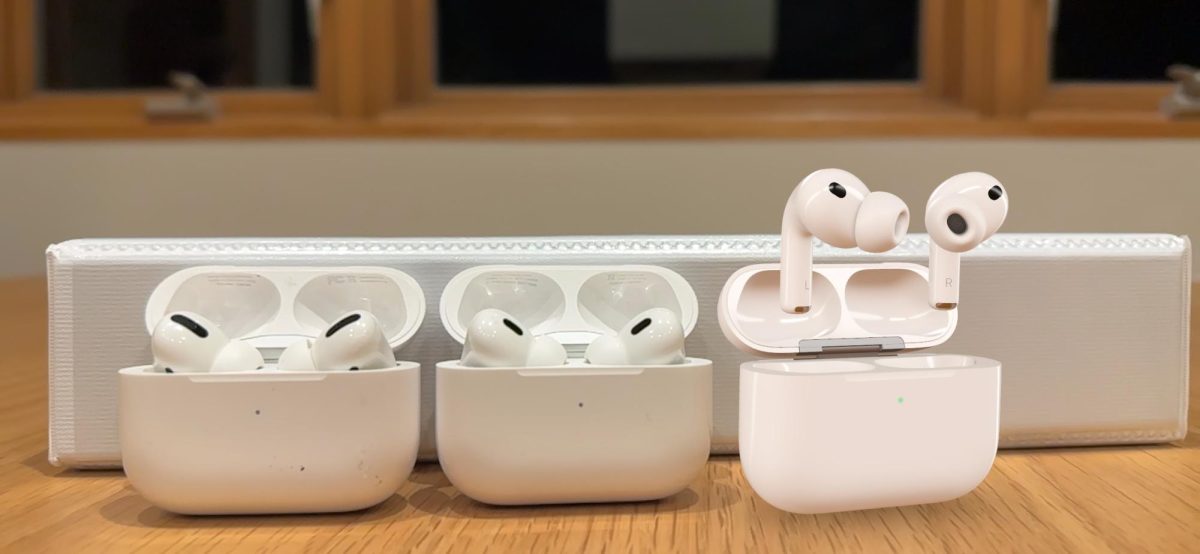The time of year is here when you can’t tell whether the tears of your classmates are due to it being second-semester junior year or seasonal allergies.
Constant sniffles and watery eyes leave many taking daily pills and carrying around packs of tissues. What would you think if I told you this was all a result of systematic sexism? Not that type of sexism but botanical sexism. Another example of the patriarchy making everyone miserable.
Botanical sexism is not a familiar term for many, and it may sound ridiculously made up, but it’s a real phenomenon facing the realities of urban planning. Many claim that male plants, specifically trees, are “litter-free.” In other words, cleaner which is something urban planners want, so as to not drop debris ( like the sticky things that get caught on the bottom of your shoes) on the sidewalk. This preference towards male trees was started in the 1950s when the USDA released a book recommending planting male trees over females.
The USDA even released 150 cultivars a plant created by human intervention, into the market shortly after their male plant manifesto, and surprise, surprise, all of them were male.
How is planting primary male trees making my consumption of tissues skyrocket? It is due to the fact that the male sex cell in plants is pollen (The culprit of all your problems). In a perfect world, there would be gender equality in the realm of plants, and female trees would absorb the majority of the pollen that male trees release. This is what happens in the wild. But because of this generational preference of male trees, the excess pollen collects in your nose rather than on its female counterpart.
It’s not only the pollen getting into your eyes and nose that causes allergies, but the pollen carries possible toxins. In cities, many city planners utilize plants to clean the air. This also includes absorbing toxins from cars and fertilizers that may have toxins in them. In female plants, these toxins get disposed of usually by seed pods that humans don’t eat, but males dispose of these toxins in their pollen, which is hard to avoid while spending time outside.
Similar to the patriarchy, the effects of botanical sexism disproportionately affect women. According to a study in 2010, women who suffer from seasonal allergies are more prone to breast cancer, ovarian cancer, and Leukemia.
None of this is to say that we should get rid of all male trees, but rather enforce plant gender equality, smash botanical sexism, and stand for plant-based feminism!

























